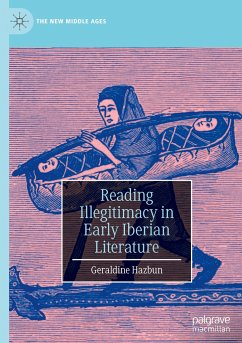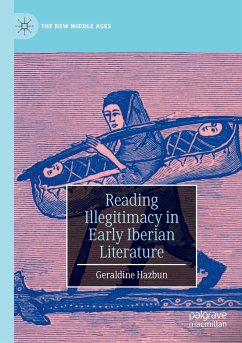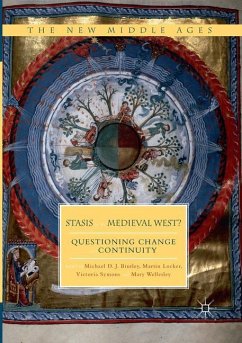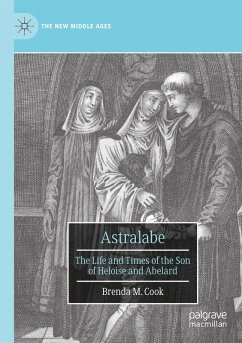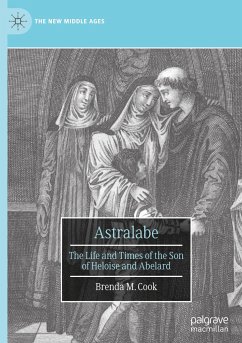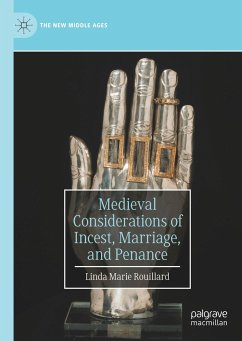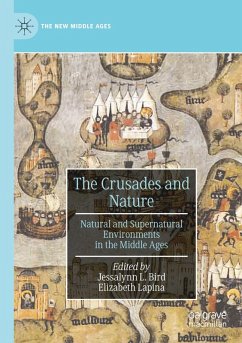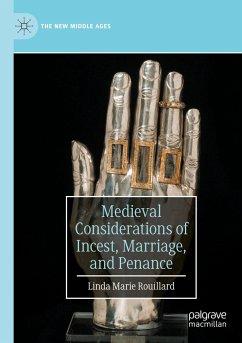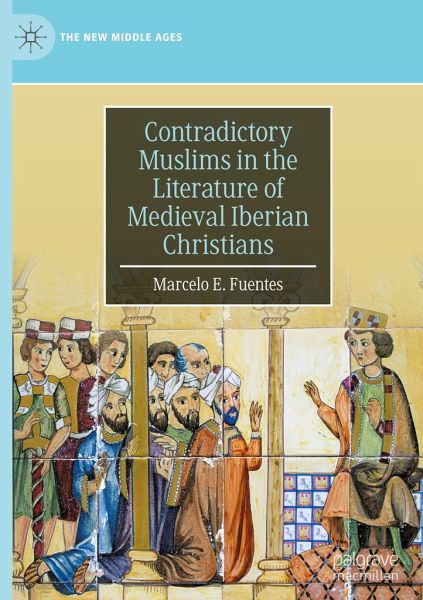
Contradictory Muslims in the Literature of Medieval Iberian Christians
Versandkostenfrei!
Versandfertig in 6-10 Tagen
83,99 €
inkl. MwSt.
Weitere Ausgaben:

PAYBACK Punkte
42 °P sammeln!
This book argues that literary and historiographical works written by Iberian Christians between the twelfth and sixteenth centuries promoted contradictory representations of Muslims in order to advocate for their colonization through the affirmation of Christian supremacy. Ambivalent depictions of cultural difference are essential for colonizers to promote their own superiority, as explained by postcolonial critics and observed in medieval and early modern texts in Castilian, Catalan, and Portuguese, such as the Cantar de mio Cid, Cantigas de Santa Maria, Llibre dels fets, Estoria de España,...
This book argues that literary and historiographical works written by Iberian Christians between the twelfth and sixteenth centuries promoted contradictory representations of Muslims in order to advocate for their colonization through the affirmation of Christian supremacy. Ambivalent depictions of cultural difference are essential for colonizers to promote their own superiority, as explained by postcolonial critics and observed in medieval and early modern texts in Castilian, Catalan, and Portuguese, such as the Cantar de mio Cid, Cantigas de Santa Maria, Llibre dels fets, Estoria de España, Crónica geral de 1344, Tirant lo Blanch, and Os Lusíadas. In all these works, the contradictions of Muslim enemies, allies, and subjects allow Christian leaders to prevail and profit through their opposition and collaboration with them. Such colonial dynamics of simultaneous belligerence and assimilation determined the ways in which Portugal, Spain, and later European powers interacted with non-Christians in Africa, Asia, and even the Americas.






